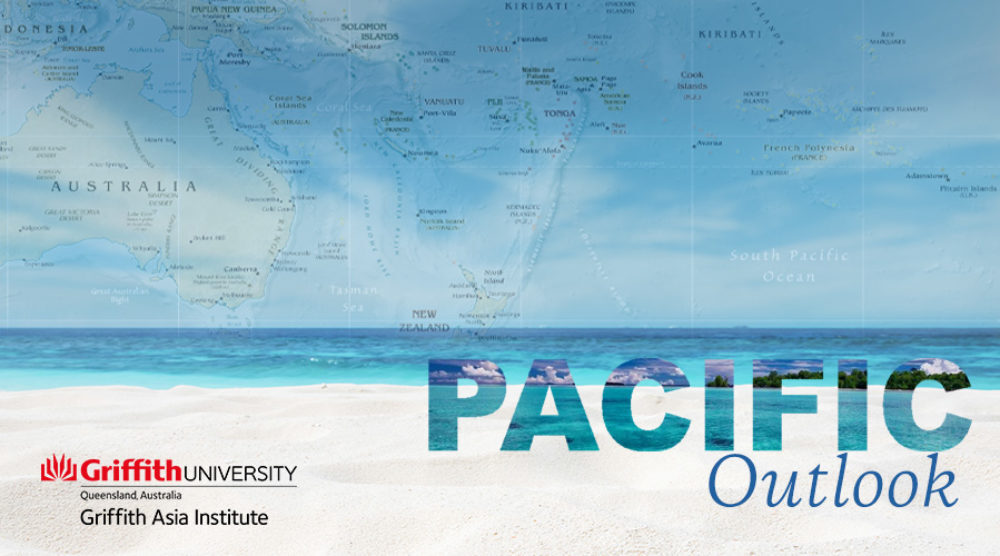Vanuatu political drama continues
The political wrangling in Vanuatu continues. On Friday the Supreme Court ruled against a claim by 19 MPs from the government that the Speaker had acted incorrectly to declare their seats vacant. The MPs, including the Prime Minister, were granted a stay order pending an appeal. The appeal is expected to be lodged this week.
Speculation that the Council of Ministers may seek to have Parliament dissolved by the President was dampened with a reminder that Vanuatu remains subject to a State of Emergency until the end of July. This makes a dissolution of Parliament constitutionally unavailable.
Parliament resumed on Monday. Five MPs have crossed the floor to sit with the Opposition. This takes their numbers to 23 of the 52 members. The Opposition has lodged a motion of no confidence in the Prime Minister.
Fiji COVID-19 crisis worsens
In Fiji, the COVID-19 crisis continues to worsen. In the 24 hours to 8 am Monday, a record total of 166 new infections was recorded. In addition, a further death from COVID-19 has also been recorded, taking the total to seven.
The government has now confirmed that there is community transmission of the Delta variant of COVID-19 and has stopped referring to ‘clusters’ given the extent of the spread.
International partners are scrambling to support authorities who are trying to get the situation under control. Australia has sent a further 50,000 doses of Astra Zeneca vaccine. Australia and New Zealand will this week deploy a joint medical assistance team.
Meanwhile, the Prime Minister of Fiji, Voreqe Bainimarama, has reassured Fijians that there will soon be more opening of workplaces and other areas. He has called on all Fijians to get vaccinated to speed up the economic restart.
Puna visits Australia
The new Secretary-General of the Pacific Islands Forum is visiting Australia this week. Henry Puna has been in Auckland for some time. He has been unable to travel to Suva because of COVID-19 travel restrictions. However, he can make use of the trans-Tasman travel bubble to spend some time in both Canberra and Sydney.
During his visit, the Secretary-General is expected to meet with Australian ministers and bilateral Forum partners. He will highlight Pacific issues and concerns ahead of the COP26 meeting to be held in Glasgow later this year.
A particular area of focus for the SG is climate finance. He will be looking to generate support for a forthcoming pledging event for the Pacific Resilience Facility. The Pacific Islands Forum hopes to raise US$1.5 billion to support this initiative.
Mr Puna will also give a keynote speech at the annual meeting of the Australasian Emissions Reduction Summit in Sydney.
Agricultural visa in Australia sparks Pacific concerns
A recent announcement by the Australian Minister for Agriculture, David Littleproud, has caused concern among supporters of Pacific labour mobility.
The announcement that the Australian government will introduce an agricultural visa has been welcomed by the farmer lobby groups. It will allow Australian farmers to employ temporary workers from countries in Asia.
It is not clear how this will affect the Seasonal Workers’ Program and the Pacific Labour Scheme. However, there is a real risk that employers will opt to use the new agricultural visa to recruit workers if it is cheaper and/or easy to navigate in terms of administration.
Meanwhile in Samoa, more than 1,000 people turned up at a venue in Apia to register to take part in the RSE scheme which provides work opportunities in New Zealand. There were injuries and damage as the numbers were too big for the organisers and the venue to handle.
UBS Inquiry underway in Papua New Guinea
After several delays, the Royal Commission into the highly controversial UBS loan scandal is underway in Papua New Guinea.
PNG is estimated to have lost AU$576million on the deal which saw the government (led by then Prime Minister Peter O’Neill) take out a loan to maintain a government holding in Oil Search. The loan was provided by UBS, who also provided advice to the government.
O’Neill has given evidence in which he said that he did not see that there was a need to get prior Parliamentary approval for the loan. However, Kerenga Kua, who was Attorney-General at the time, has testified that he warned O’Neill that the loan was likely illegal. Former treasurer, Don Polye, has also given evidence in which he said that he had advised O’Neill that he had concerns about the loan and that he had then been relieved of his portfolio.
Tess Newton Cain is an Adjunct Associate Professor at the Griffith Asia Institute and project lead of the Pacific Hub.








